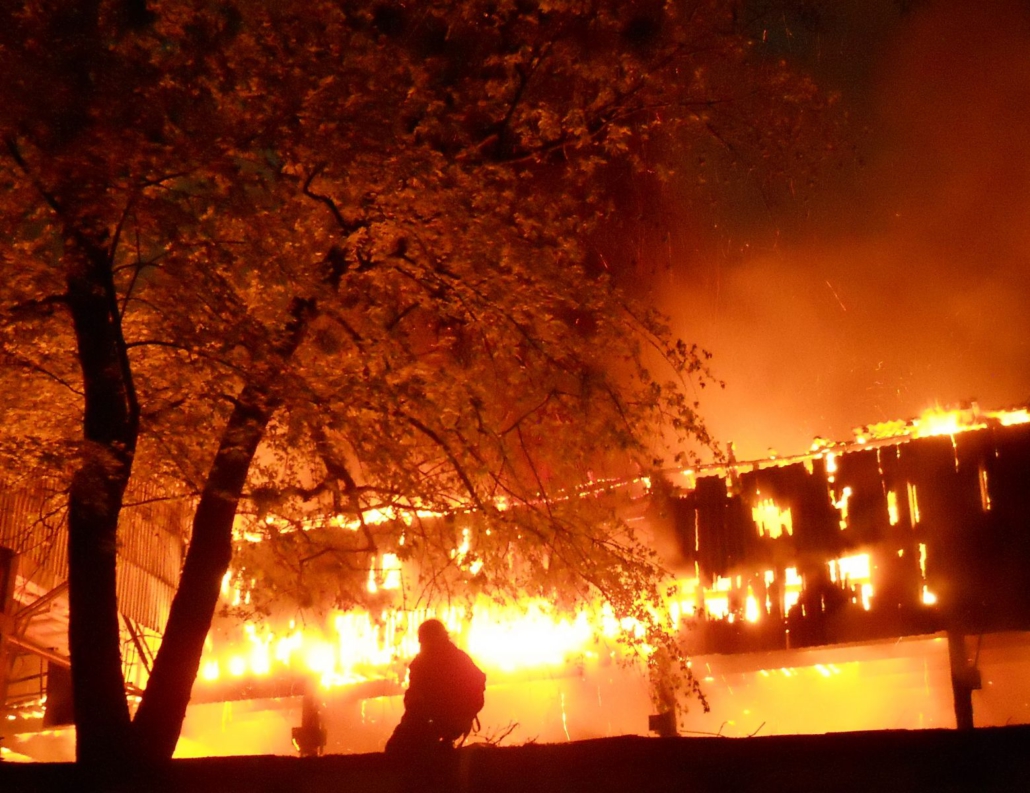Communication Is the Key to Disaster Management

Management of any disaster or emergency event is a complicated and multi-faceted task. One of the most important, and oftentimes overlooked, parts of any highly efficient disaster response is effective information exchange between information sources, emergency managers and those impacted by the disaster or emergency event. As an HOA board member, you probably don’t have to manage disaster events very frequently (hopefully!). This lack of experience, however, does have a downside; it can make responding to a disaster in a managerial capacity even more uncomfortable and stressful. The entire disaster management process is further complicated when hindered by ineffective information gathering and distribution.
Assuming that your homeowners association has adopted a comprehensive emergency plan and has conducted adequate preparation and training exercises, your response to a disaster or emergency should be coordinated and highly effective. Hopefully, effective communication and information systems are included in that plan.
Learn the ins and outs of creating an emergency plan for your HOA(link is external)
28+ years in law enforcement has proven how important effective information exchange is during emergency events. In fact, some type of communication or information exchange failure is the most predictable problem identified in after-action reviews.
Manage the Information Exchange
In disaster management, reliable and timely information gathering and exchange from a variety of sources results in more effective decision making at the managerial level.
Receiving Information
In the case of a disaster affecting your HOA, the information flowing to emergency managers could be from a variety of sources, such as residents, emergency responders, radio or television news broadcasts, specialized search and evaluation teams, and other emergency management agencies. This inflow of information needs to be reviewed, assimilated, evaluated and prioritized in order to make timely and effective managerial response and recovery decisions.
Distributing Information
As important as the flow of information into the managers of any disaster situation is, the flow of information out to emergency responders, residents, search and evaluation teams, other emergency managers and management agencies is critical. Dissemination of timely and credible information can minimize the potential for loss of life and injury, help residents understand the extent of the emergency, simplify first responders’ tasks, accelerate the recovery phase and minimize the overall impact of the disaster event on the community.
In order to ensure that effective information exchange occurs, planning and training need to occur. Information systems should be adopted that enhance your board’s ability to receive and disseminate critical event information. Redundancy should also be considered, as system failures always seem to occur when those systems are needed the most!
Tools for Communicating During an Emergency
There are a variety of different information gathering and dissemination options for your board to utilize in emergency situations. The best information dissemination systems allow for easy communication with a large number of recipients. Websites, email, and other electronic systems tend to work best for this. You should compare the available options with your community’s specific needs. Your property manager or an emergency and disaster response professional may be able to help guide you to the best system alternatives for your community.
Summary
In closing, whenever an emergency or disaster response plan is adopted one of the most critical considerations should be effective information gathering and dissemination. Breakdowns in communication and information exchange are regularly cited as failures in actual emergency responses. Specific and redundant information systems should be adopted to best fit your specific community needs. An emergency or disaster management professional, or your property manager, may be valuable resources in ensuring that these critical considerations is not missing or deficient in your plans.
Thomas Connelly is the president of Connelly Consulting(link is external), a public safety consulting company located in Santa Clara, CA. He is a retired Captain from the Los Altos (CA) Police Department. He was the department’s Operations Division commander and developed the City’s emergency/disaster response plan.
Image cropped from photo by David Holt , CC BY-SA 2.0